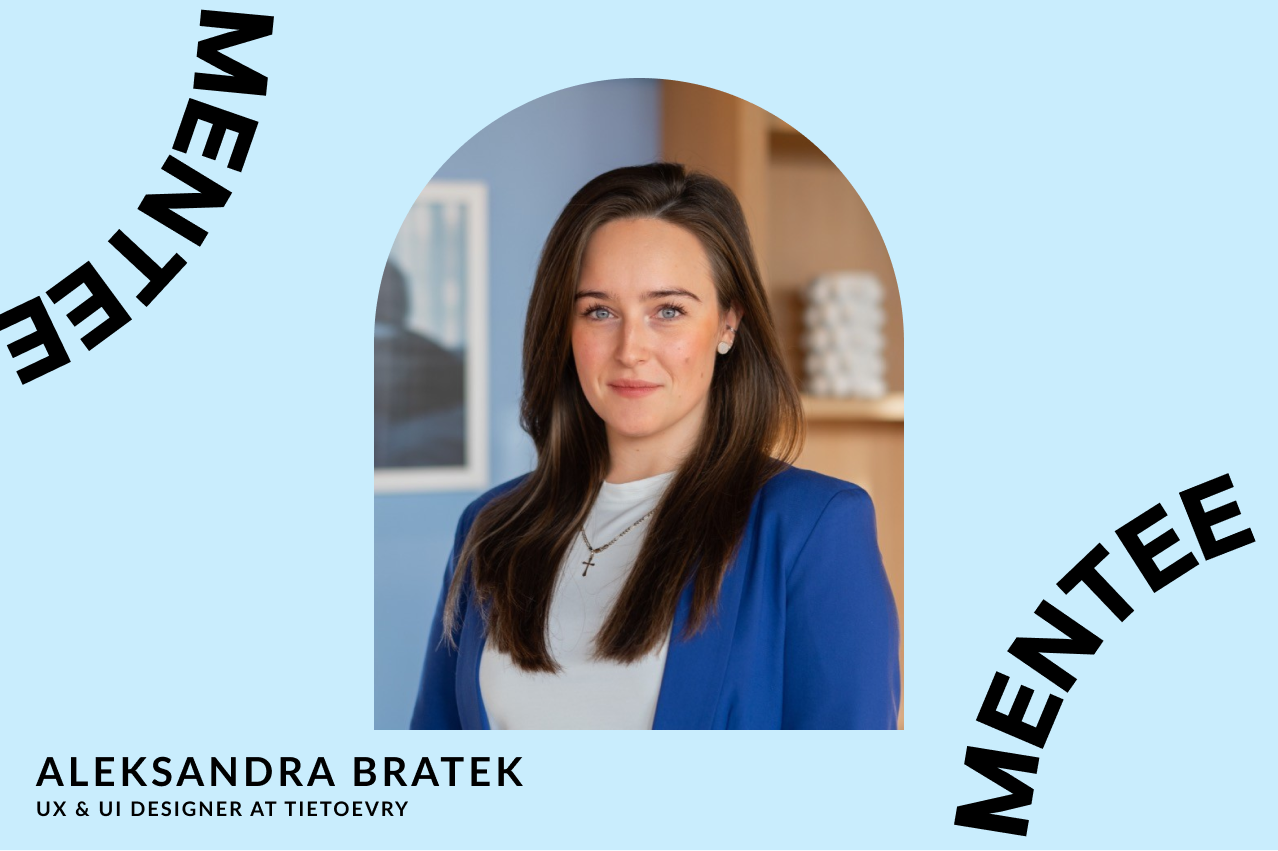
The tech industry is a dynamic, ever-changing environment. As someone who grew from Junior Java Developer to a Director at a major company, Milos Broulik from Barclays has seen first-hand how this industry has evolved in the last decade. We talked to him about his own career evolution, how the situation for women has changed in this male-dominated trade, how to find a woman-friendly tech employer, and more.
To begin with, please tell us a bit about what you do.
In my current role I lead a group of more than 100 developers in various teams in the Markets, Research and CRM parts of our Investment Bank. My group could be historically called Client Facing Technology – as we build and own applications that are either client facing or support Bank employees that deal with our clients. I’m still hands on with planning and architecting one of the applications, but my role is also a lot about people management. I’m part of the Senior Leadership Group in the Prague office.
How has your career evolved since you started at Barclays?
I must say that it has evolved a lot. When I was joining, I was planning to put 2 years of experience in a large corporation on my CV and move on, but that was more than 10 years ago! (So you can see I’m not good at long term planning.)
I joined as a Junior Java Developer, but over time, I got responsibilities for larger and larger projects. While working on Barclays Live Mobile application, I became a formal team lead. This eventually evolved into leadership of the whole Research IT team, when its former lead assumed the role of Head of the Prague Site. In addition to Research IT, I have started a few other teams in Prague. This way, my role and responsibility gradually grew from Junior Java Developer to a Director leading 115 people.
How would you say the situation for women in tech has changed in the last decade? Are you seeing more women interested in tech roles in recent years? Are women still underrepresented in this industry?
Even though I see significant change over the 10 years I’m here, women are still a minority in the IT industry. Even more so if I focus on Czech Republic only. 10 years ago I was surprised if I met a woman developer in our office. Today it is a common and normal thing to see, even when still far from 50/50 representation.
Women in tech jobs often deal with problems such as gender discrimination due to male-dominated workplaces (workplace culture gap). How can someone applying for a job in tech tell if the employer is women-friendly? What should they look for?
I hope that in current times there is already very little malicious gender discrimination, but you might still face unconscious bias. What you might also face is the inclusion problem. Even though you might not face discrimination, it might be hard to fit for the lack of people with similar hobbies and problems. Generally the situation with that will be better in larger and more mature organizations, already diverse in other axes, but it is very hard to generalize.
How can companies who want to support women in tech ensure an inclusive hiring process?
That is one of the tough questions that a lot of us are trying to answer. Statistically speaking – if you list 10 requirements for a job, most males will apply if they meet just 4 of them, whereas most women will only apply if they meet 9 or 10. So just adjusting position listings should help attract more women. We also need to work on adjusting the stereotype – developers are no longer just nerd guys. We need to show how diverse we already are, and through that, show that anyone can try pursuing an exciting career in tech.
How does Barclays help women to get into tech? Do you have any special programs for beginners?
In support to the Women in Technology community, Barclays is active with local code camps and various organizations focused on women and technology where Barclays developers hold workshops and teach coding to outsiders.
In support of women trying to get into tech within Barclays, we offer all colleagues the possibility of getting an internal or external mentor to succeed and grow in technology. For colleagues thinking about a career switch, we organize internal courses on different technologies, provide shadowing with more senior people, and mock interviews. I proudly admit that we have many success stories of our female colleagues making a career switch in Barclays, and succeeding in moving from a non-tech role into a tech role.
Beyond other Early Career programs, we focus more on people already focused on tech. We have our Apprentice program dedicated to people who are just now trying to enter the field. It is a long-term paid position that requires little or no previous experience.
What would be your tips for a woman who wants to start a career in the tech industry?
1. Just do it – it is a skill that has to be honed!
2. Don’t be afraid – there are always a lot of failures before you get it right!
3. Learn how to ask – don't just read Stack Overflow! (Editor's note: a question and answer website for professional and enthusiast coders)
4. Learn how it works one level deeper!
5. Read other people’s code and try to replicate it!
From a manager’s perspective, what are some trends you’re seeing recently in the tech industry?
Several years ago, everyone just wanted to do blockchain, but that seems to be dead now. Currently everyone wants to do Python and Data Science, while companies still need Java and C# developers. The demand for front end developers (JS, React, TypeScrypt, Angular) is high and ever growing with only a few people doing those.


